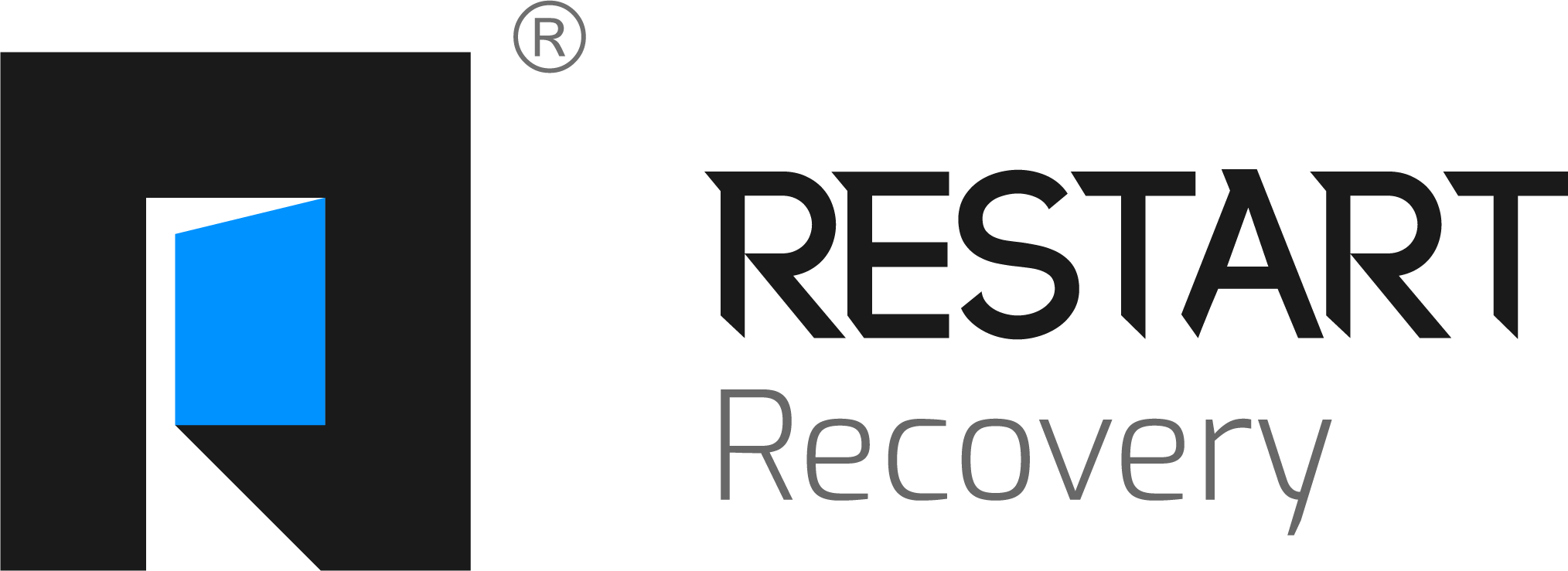Managing Anger with CBT: A Practical Guide to Finding Control
- Yasmin Maghsoudloo
- May 3, 2025
- 4 min read

Managing Anger with CBT: A Practical Guide to Finding Control
Anger is a natural and healthy emotion, but when it becomes overwhelming or difficult to manage, it can negatively impact our personal and professional lives. One of the most effective ways to handle anger is through Cognitive Behavioral Therapy (CBT), a structured and goal-oriented type of therapy that helps people change patterns of thinking or behavior that are causing problems.
This blog will explore how CBT can help you manage anger, the techniques involved, and why it’s a powerful tool for controlling intense emotions.
What Is Cognitive Behavioral Therapy (CBT)?
Cognitive Behavioral Therapy is a well-researched psychological treatment that focuses on the connection between thoughts, feelings, and behaviors. CBT operates on the idea that negative or irrational thoughts contribute to emotional distress and problematic behaviors. By identifying and challenging these thoughts, individuals can reduce negative emotions and develop healthier responses to anger triggers.
For anger management, CBT helps individuals recognize patterns that escalate their anger, reframe irrational thoughts, and learn practical coping strategies.
How CBT Helps in Managing Anger
CBT offers several practical tools for managing anger more effectively. Here’s how it works:
Identifying Triggers The first step in managing anger with CBT is understanding what triggers your anger. Triggers can be anything from external events (e.g., someone cutting you off in traffic) to internal frustrations (e.g., unmet expectations). CBT encourages individuals to keep an anger journal where they record situations that provoke anger, along with their thoughts and reactions. This process makes people more aware of patterns and helps isolate specific triggers.
Recognizing Negative Thought Patterns Often, anger is fueled by automatic negative thoughts (ANTs) that distort reality. These thoughts include overgeneralizations, catastrophizing, and black-and-white thinking. For example, you might think, “This always happens to me!” or “They’re deliberately trying to hurt me.” CBT teaches individuals to identify these irrational thoughts and challenge their validity.
Cognitive Restructuring Once you’ve identified harmful thought patterns, the next step is to reframe or challenge them through cognitive restructuring. This involves questioning the accuracy of your thoughts and considering alternative explanations for events. Instead of jumping to conclusions or assuming the worst, cognitive restructuring helps you develop more balanced, realistic perspectives. For example, instead of thinking “They’re trying to embarrass me,” you might think, “Maybe they didn’t realize how that comment would affect me.”
Emotional Regulation Anger often feels like an intense emotional rush that’s hard to control. CBT techniques for emotional regulation help you respond more calmly to anger-provoking situations. This could include mindfulness exercises to stay grounded in the present, deep breathing to lower arousal levels, or progressive muscle relaxation to physically release tension.
Behavioral Strategies. While cognitive changes are essential, CBT also focuses on altering behaviors to prevent anger from escalating. For instance, learning assertive communication allows you to express your feelings without resorting to aggression or hostility. Behavioral strategies also include avoiding known triggers when possible and developing problem-solving skills to address frustrating situations constructively.
Dealing with Long-Term Anger Issues. For those dealing with chronic anger, such as anger stemming from unresolved trauma or ongoing stress, CBT addresses deeper emotional roots by helping individuals identify core beliefs driving their responses. In this case, therapy focuses on healing the underlying issues while teaching healthier coping mechanisms for anger.
CBT Techniques for Anger Management
Here are a few specific CBT techniques that are highly effective for managing anger:
Thought Stopping: Whenever an angry thought begins to spiral, you use a mental or physical cue (like saying “Stop!”) to halt the thought and replace it with a calmer one.
Time-Outs: Taking a break from the situation to cool down allows you to return with a clearer, less emotional mindset.
Problem-Solving Skills: By focusing on solutions rather than problems, individuals can reduce feelings of helplessness and anger. It also prevents rumination, which can fuel anger.
Self-Monitoring: Using an anger journal to track progress over time helps identify improvement areas and reinforces positive changes.
Why CBT Is Effective for Anger Management
CBT is an evidence-based approach that has been proven effective in reducing anger and improving emotional regulation. Unlike other therapies that might focus on past trauma or unexamined emotions, CBT is highly practical and action-oriented. It empowers individuals to take charge of their thoughts and actions, leading to measurable improvements in their ability to manage anger.
How to Get Started with CBT for Anger
If you struggle with anger, reaching out to a mental health professional trained in CBT can be a transformative first step. A therapist will guide you through the process of identifying triggers, challenging negative thought patterns, and implementing effective coping strategies. Online resources, workbooks, and apps can also provide helpful tools for practicing CBT techniques.
Conclusion
Managing anger is about more than suppressing emotions—it’s about understanding, regulating, and expressing them in healthy ways. CBT provides practical tools to help you take control of your anger, enabling you to respond more thoughtfully and less reactively. With time and practice, you can learn to manage your anger effectively and improve your overall emotional well-being.
If you’re interested in learning more about CBT for anger management or need professional support, our addiction treatment center is here to help. Contact us today for more information on our programs.
By incorporating these CBT techniques, you can better manage your anger and live a calmer, more balanced life.





Comments